Upside of Uncertainty vs Downside of Dogmatic and Absolute Language
In the SpatzAI framework, understanding the “Upside of Uncertainty” versus the “Downside of Dogmatic and Absolute Language” we believe it is crucial for fostering effective team dynamics and resolving micro-conflicts.
-
- Upside of Uncertainty:
-
- Encourages Exploration and Innovation: Uncertainty in team discussions often leads to exploring a wider range of ideas and solutions. It encourages members to think creatively and challenge the status quo, fostering innovation. (The key being to resolve the uncertainty asap so that the team can move on)
-
- Promotes Collaborative Problem-Solving: When uncertainty is acknowledged, team members are more likely to engage in open and collaborative problem-solving, valuing each other’s input and exploring different perspectives.
-
- Drives Learning and Adaptability: Teams that embrace uncertainty tend to be more adaptable and agile. This flexibility is crucial in dynamic environments where conditions and requirements frequently change.
-
- Cultivates a Culture of Inquiry: Uncertainty encourages a questioning mindset, which is key to continuous learning and improvement within a team.
- Cultivates a Culture of Inquiry: Uncertainty encourages a questioning mindset, which is key to continuous learning and improvement within a team.
-
- Downside of Dogmatic and Absolute Language:
- Upside of Uncertainty:
-
-
-
- Limits Perspective and Innovation: At Spatz we believe that dogmatic and absolute language can shut down alternative viewpoints and innovative thinking. It promotes a “one right way” approach, which can stifle creativity and limit the exploration of potentially better ideas.
-
- Creates Conflict and Reduces Psychological Safety: This type of language can lead to conflict and a decrease in psychological safety. Team members may feel their contributions are undervalued or dismissed, leading to resentment and disengagement.
-
- Undermines Team Morale and Cohesion: Teams dominated by dogmatic and absolute assertions may experience lower morale and cohesion. Members might feel constrained and less inclined to share their thoughts, leading to a lack of diverse opinions and a decrease in team effectiveness.
-
- Impedes Flexibility and Adaptation: Dogmatic and absolute stances can make a team less flexible and less able to adapt to new information or changing circumstances. This rigidity can be detrimental in rapidly evolving industries or projects.
-
-
In the SpatzAI context, the focus is on leveraging the positive aspects of uncertainty to encourage open, innovative, and adaptive team interactions while minimizing the negative impact of dogmatic and absolute language. By doing so, SpatzAI aims to create a team environment that is conducive to growth, creativity, and effective micro-conflict (spats) resolution ASAP, thereby enhancing overall team performance and harmony.
